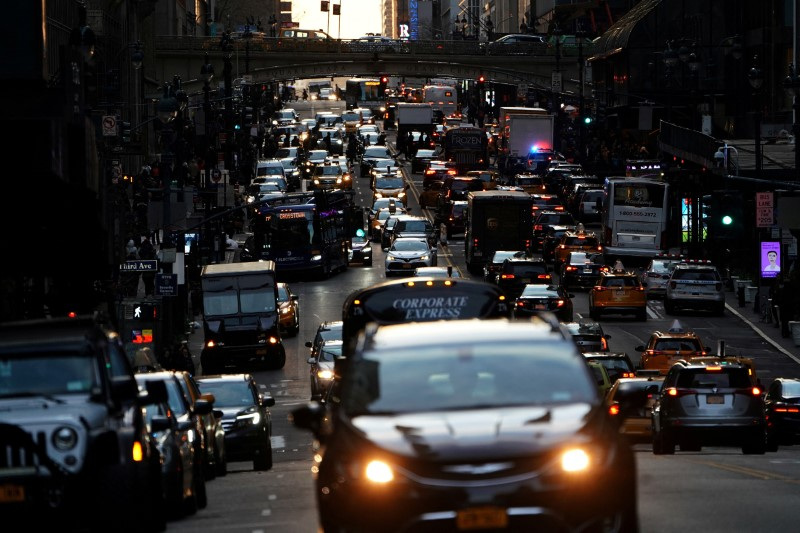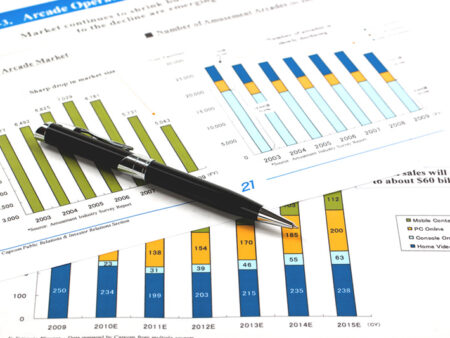By David Shepardson
WASHINGTON (Reuters) -The National Highway Traffic Safety Administration on Friday proposed a new process to streamline reviews of exemptions filed by automakers seeking to deploy self-driving vehicles without required human controls like steering wheels or brake pedals.
NHTSA has authority to grant petitions to allow up to 2,500 vehicles per manufacturer to operate on U.S. roads without required human controls but the agency has spent years reviewing several petitions without taking action. Efforts in Congress to make it easier to deploy vehicles on U.S. roads without human controls have been stymied for years.
Automakers have expressed frustration with the agency’s slow reviews of autonomous vehicles. Under the law, fully self-driving vehicles do not need NHTSA approval if they have required human controls.
The industry faces scrutiny after a pedestrian was seriously injured in October 2023 by a General Motors (NYSE:) unit Cruise vehicle. NHTSA has opened a number of investigations into self-driving vehicles including Cruise, Alphabet (NASDAQ:)’s Waymo and Amazon.com (NASDAQ:)’s Zoox.
The Alliance for Automotive Innovation, representing GM, Toyota (NYSE:), Volkswagen (ETR:), Hyundai (OTC:) and other major automakers, said the proposal will “provide a pathway to significantly expand the number of commercial AVs operating in the U.S… We urgently need a regulatory framework for AVs in the U.S., so we don’t cede leadership to China and other countries.”
Reuters and other outlets have reported that President-elect Donald Trump wants to ease deployment barriers for self-driving vehicles. Tesla (NASDAQ:) CEO Elon Musk, a close adviser to Trump, said in October the automaker would roll out driverless ride-hailing services in 2025.
NHTSA in October opened an investigation into 2.4 million Tesla vehicles equipped with full self-driving (FSD) after four reported collisions, including a 2023 fatal crash.
In 2018, GM petitioned NHTSA to deploy up to 2,500 cars without steering wheels or brake pedals on U.S. roads. In 2020, GM withdrew the petition.

GM in 2022 again sought NHTSA approval to deploy vehicles without human controls. GM withdrew the petition in October and announced this month it would exit the Cruise robotaxi business.
Ford (NYSE:) last year withdrew its self-driving petition filed in July 2021 with NHTSA, citing its decision to close its self-driving venture Argo AI in 2022.
Source link
















